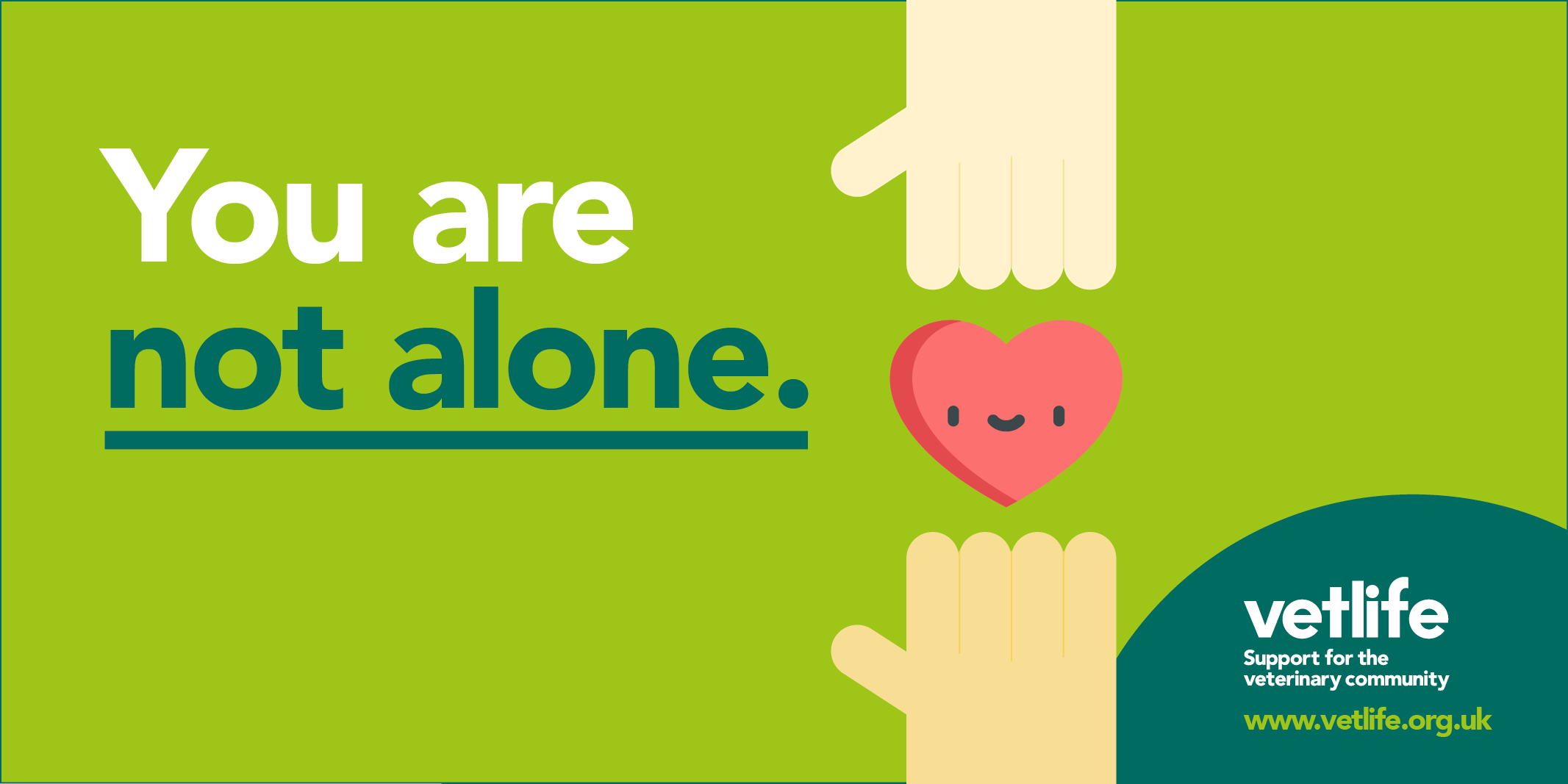Brucella canis: what vets need to know
14 Feb 2024
06 Nov 2020 | Rosie Allister
Rosie Allister from Vetlife considers the value of Active listening and why that human connection is more important now than ever before.

Have you ever been trying to say something important, but you could tell the other person was just waiting for you to stop so that they could speak?
The experience of not being heard is frustrating, difficult, and common. There’s a difference between listening to understand someone, and listening in order to speak. Active listening is listening to understand. Done well it’s incredibly powerful, sometimes even lifesaving.
Active listening needs you to be present in the moment. It involves concentrating, understanding, remembering and responding. Used with skill and compassion, it can also go towards a place of empathy. A combination of active and empathetic listening, where you use listening skills to understand as closely as you can and stand in the shoes of another person and hear what they are going through, is immensely powerful. It is used in high pressure situations like crisis negotiations, suicide prevention helplines, conflict resolution, and more.
For active listening to be effective it requires self-awareness. It needs our attention, with distractions minimised. It needs our attitude to be open minded. And it needs us to be ready to adjust in response to what we hear, to understand that people and situations are hugely variable and not to assume that because we may have been somewhere similar we know before listening where the final destination should be.
This year has been challenging for many people in the veterinary community, and with people now facing new restrictions and more adaptation when they may already feel tired, it’s crucial for us to consider how best to help. There are lots of reasons why right now might be feeling particularly difficult: uncertainty around future plans, fatigue from long hours, a sense of constantly adapting to change, less contact with usual social supports such as friends and family, disruption to routines from self-isolation or staffing issues, financial difficulties, and for some, direct impacts from Covid on themselves and people they love[1].
It’s more important than ever that we can be there for our colleagues. Human connection is vital. We know in the vet community that people can find it hard to ask for help. In my experience it isn’t enough to build services and expect people to find them and use them. We need to do more than just tell people to reach out, we need to think about how to reach where they are, to offer a hand, to walk alongside, and to listen.
As a community we like evidence, and active listening and support are evidenced responses in difficult times. Analysis of what helped keyworkers in previous epidemics shows the importance of support from managers. Experiencing discrimination or isolation can increase the risk of poor mental health as can working in a higher risk environment so support for these groups of workers and workplace policies to prevent discrimination are key. Workplace resilience at times like this lies in the bonds within teams. Both horizontal (peers) and vertical (managers) support at difficult times can help people who are struggling[2],[3].
Sometimes it’s obvious when someone in the veterinary team is experiencing difficulty, they may be more withdrawn, behaving in a way that is unusual for them, they may be displaying presenteeism – being at work but less effective than usual, or other signs. Sometimes, particularly in the veterinary community, the people who are struggling the most may not show many signs that things are difficult. The emotional work we put into keeping up a façade of being ok when we are not can be huge. So check in with people, even people who seem to be managing ok. Especially if you know they’ve had to isolate, been less supported than usual, been working in a high risk area, or had to cope with a lot of change. Take any signs of distress seriously.
Although active listening is a skill, it’s also a discipline and a practice, something which once learned can help in everyday interactions as well as in support at work. The effort it takes is worth the reward.
Checking in can feel difficult sometimes, we can worry how people will respond or not want to make things worse, but lots of different types of evidence suggest that human connection and caring is protective. Whether it’s a message, a call, a conversation in a break at work, or something more structured, making time for each other, and for listening, is more important than ever.
Vetlife Helpline is available 24 hours a day for everyone in the veterinary community. Call on 0303 040 2551 or email via www.vetlife.org.uk
[1] ALLISTER, R. 2020. Looking after yourself and others. Veterinary Record, 186, 368.
[2] BROOKS, S. K., DUNN, R., AMLÔT, R., RUBIN, G. J. & GREENBERG, N. 2018. A Systematic, Thematic Review of Social and Occupational Factors Associated With Psychological Outcomes in Healthcare Employees During an Infectious Disease Outbreak. Journal of Occupational and Environmental Medicine, 60.
[3] GREENBERG, N. 2020. Mental health of health-care workers in the COVID-19 era. Nature Reviews Nephrology, 16, 425-426
Get tailored news in your inbox and online, plus access to our journals, resources and support services, join the BVA.
Join Us Today